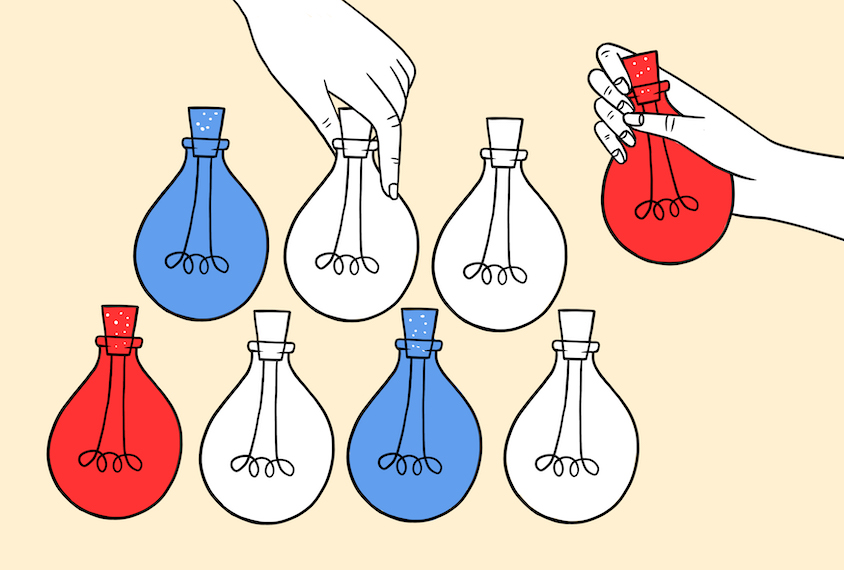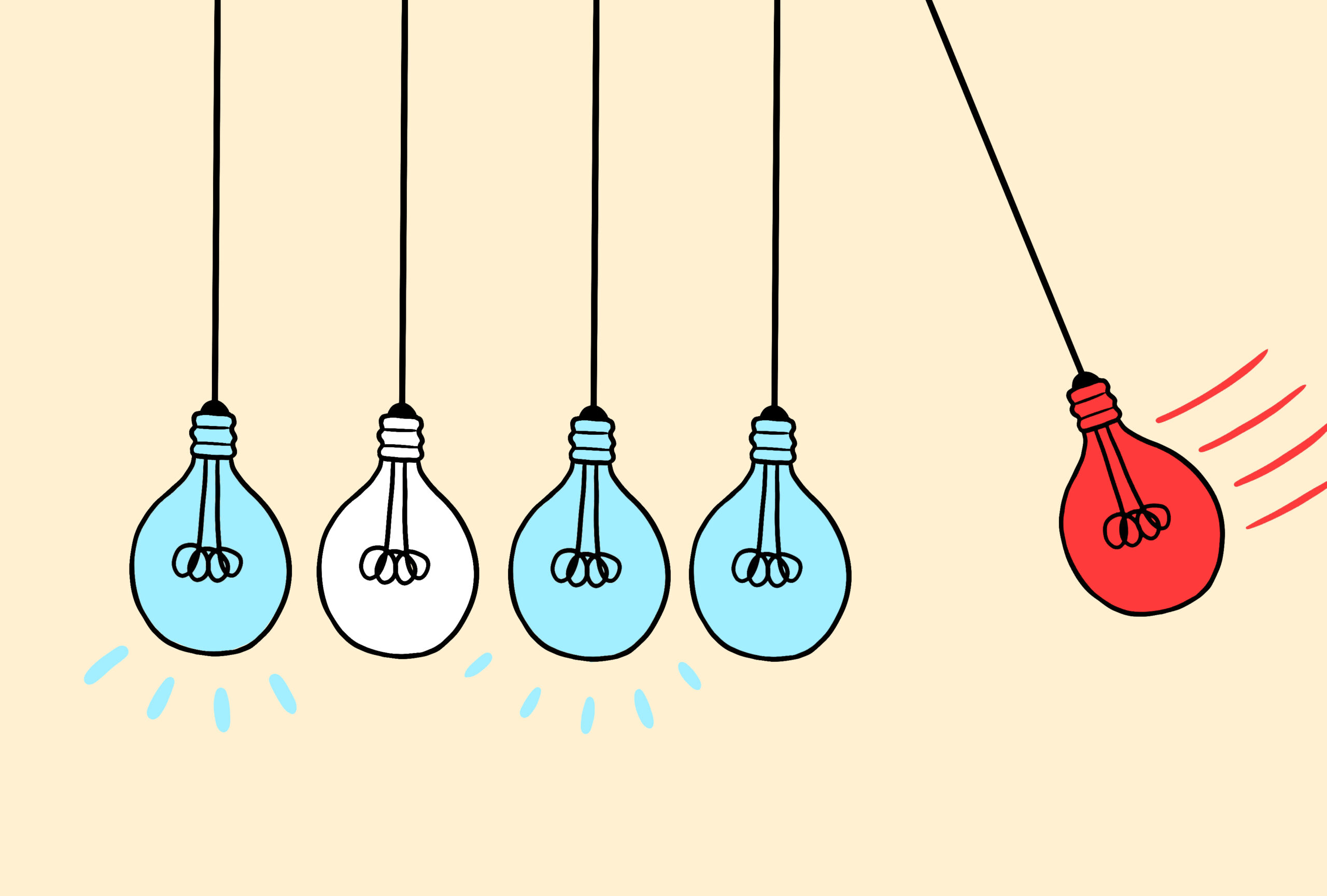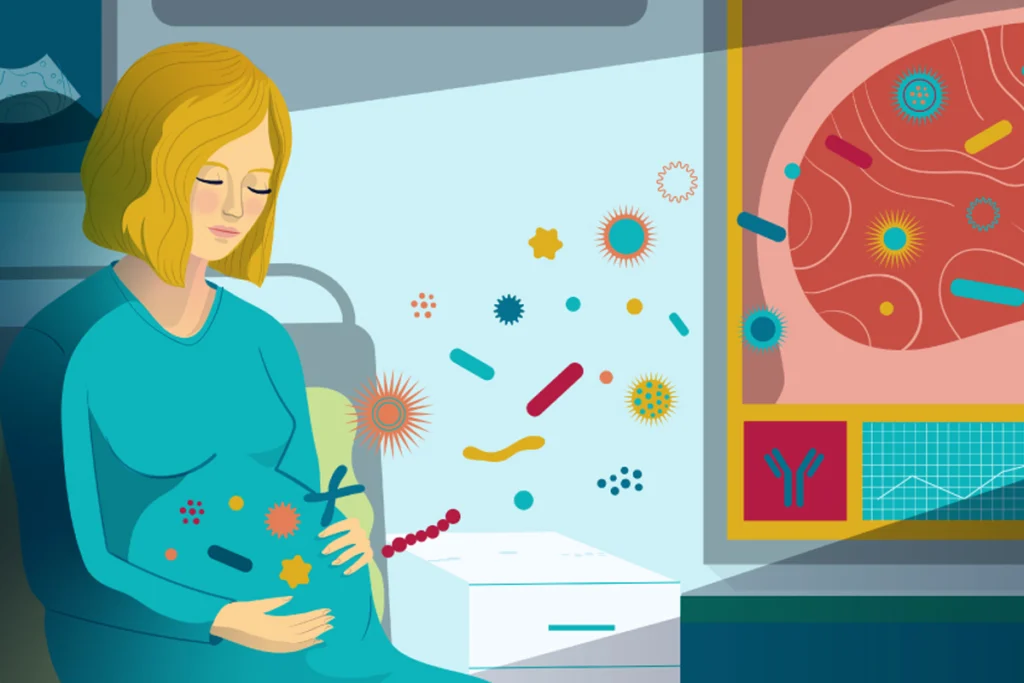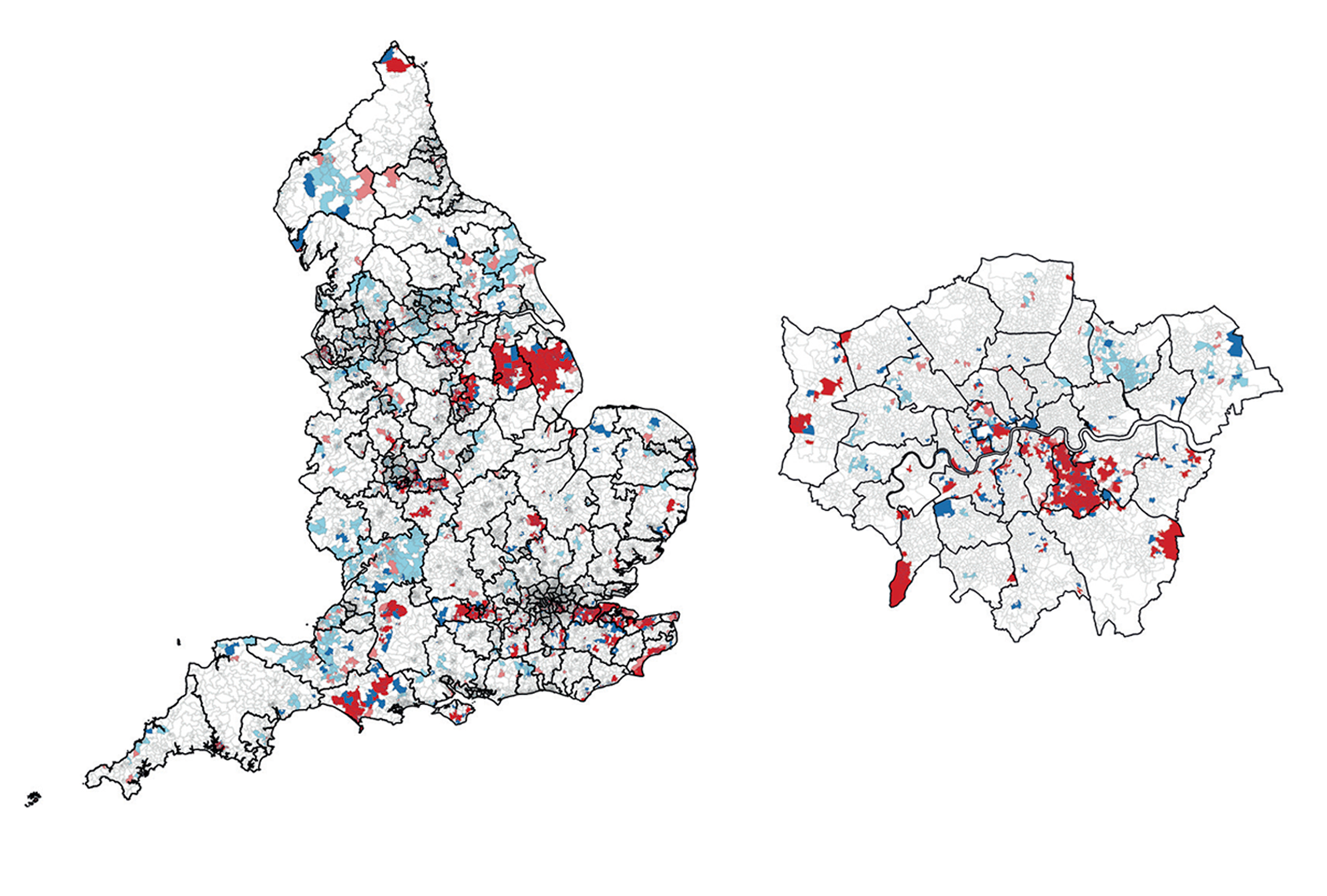Epidemiology
Recent articles
Meet the Autism Data Science Initiative grantees
The awarded projects plan to study gene-and-environment interactions in people, stem cells and organoids, as well as predictors of positive life outcomes in autistic youth and adults.

Meet the Autism Data Science Initiative grantees
The awarded projects plan to study gene-and-environment interactions in people, stem cells and organoids, as well as predictors of positive life outcomes in autistic youth and adults.
Acetaminophen use during pregnancy does not increase child’s chance of having autism, study finds
The link reported in prior studies likely reflects confounding factors, which sibling-matched controls in the new work address.

Acetaminophen use during pregnancy does not increase child’s chance of having autism, study finds
The link reported in prior studies likely reflects confounding factors, which sibling-matched controls in the new work address.
The true meaning of a null result
This edition of Null and Noteworthy highlights results that reveal the difficulty in drawing definitive conclusions from data, including new findings about epidurals that contradict several others and an apparent null result on sex differences that may derive from “circular logic.”

The true meaning of a null result
This edition of Null and Noteworthy highlights results that reveal the difficulty in drawing definitive conclusions from data, including new findings about epidurals that contradict several others and an apparent null result on sex differences that may derive from “circular logic.”
Prenatal exposures; Angelman trial suspension; autistic adult well-being
This month’s issue of the Null and Noteworthy newsletter breaks down some negative results involving prenatal exposures, an experimental treatment for Angelman syndrome, and the role that age at autism diagnosis plays in subsequent outcomes, and more.

Prenatal exposures; Angelman trial suspension; autistic adult well-being
This month’s issue of the Null and Noteworthy newsletter breaks down some negative results involving prenatal exposures, an experimental treatment for Angelman syndrome, and the role that age at autism diagnosis plays in subsequent outcomes, and more.
Evidence linking acetaminophen to autism, ADHD under debate again
As acetaminophen lawsuits make their way through the U.S. court system, researchers reevaluate the quality of the evidence linking in-utero exposure to the painkiller to neurodevelopmental issues in children.

Evidence linking acetaminophen to autism, ADHD under debate again
As acetaminophen lawsuits make their way through the U.S. court system, researchers reevaluate the quality of the evidence linking in-utero exposure to the painkiller to neurodevelopmental issues in children.
Journal club: Does lithium in drinking water contribute to autism?
A study published in JAMA Pediatrics suggests that autism is more common among people born in areas with high levels of lithium in drinking water, but it is too soon to say whether prenatal lithium exposure is truly a concern.

Journal club: Does lithium in drinking water contribute to autism?
A study published in JAMA Pediatrics suggests that autism is more common among people born in areas with high levels of lithium in drinking water, but it is too soon to say whether prenatal lithium exposure is truly a concern.
Filling autism knowledge gaps in Latin America: Q&A with Cecilia Montiel-Nava
Countries across Latin America and the Caribbean struggle to collect data on autism, but Cecilia Montiel-Nava and the Latin American Autism Spectrum Network are beginning to change that.

Filling autism knowledge gaps in Latin America: Q&A with Cecilia Montiel-Nava
Countries across Latin America and the Caribbean struggle to collect data on autism, but Cecilia Montiel-Nava and the Latin American Autism Spectrum Network are beginning to change that.
Children with autism and ADHD often have additional mental health conditions
The dual diagnosis frequently co-occurs with anxiety, depression and developmental and language delays.

Children with autism and ADHD often have additional mental health conditions
The dual diagnosis frequently co-occurs with anxiety, depression and developmental and language delays.
The link between maternal infection and autism, explained
Having an infection during pregnancy is tied to a small increase in the chances of having an autistic child, but the connection may not be causal.

The link between maternal infection and autism, explained
Having an infection during pregnancy is tied to a small increase in the chances of having an autistic child, but the connection may not be causal.
Autism incidence in England varies by ethnicity, class, location
High rates of autism are linked to lower socioeconomic status and minority ethnic groups, according to the largest-ever autism incidence study.

Autism incidence in England varies by ethnicity, class, location
High rates of autism are linked to lower socioeconomic status and minority ethnic groups, according to the largest-ever autism incidence study.
Explore more from The Transmitter
Frameshift: Raphe Bernier followed his heart out of academia, then made his way back again
After a clinical research career, an interlude at Apple and four months in early retirement, Raphe Bernier found joy in teaching.

Frameshift: Raphe Bernier followed his heart out of academia, then made his way back again
After a clinical research career, an interlude at Apple and four months in early retirement, Raphe Bernier found joy in teaching.
Organoid study reveals shared brain pathways across autism-linked variants
The genetic variants initially affect brain development in unique ways, but over time they converge on common molecular pathways.

Organoid study reveals shared brain pathways across autism-linked variants
The genetic variants initially affect brain development in unique ways, but over time they converge on common molecular pathways.
Single gene sways caregiving circuits, behavior in male mice
Brain levels of the agouti gene determine whether African striped mice are doting fathers—or infanticidal ones.

Single gene sways caregiving circuits, behavior in male mice
Brain levels of the agouti gene determine whether African striped mice are doting fathers—or infanticidal ones.